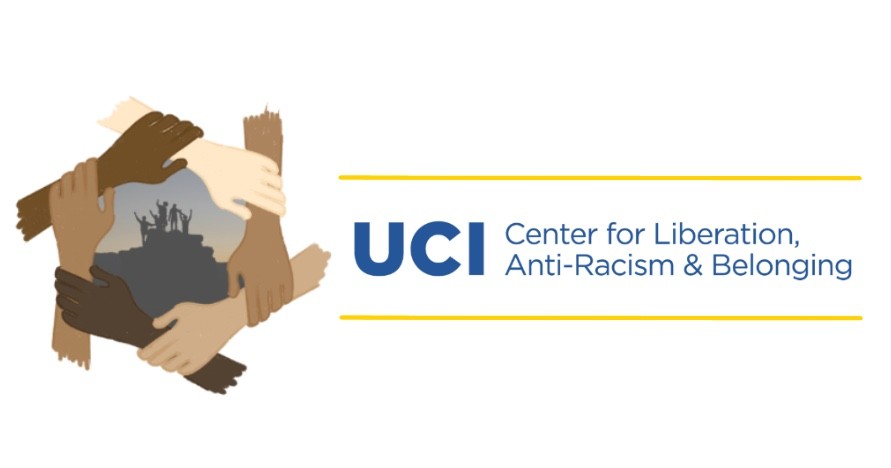
Today we’d like to introduce you to Judy Tzu-Chun Wu.
Alright, so thank you so much for sharing your story and insight with our readers. To kick things off, can you tell us a bit about how you got started?
I am an immigrant, coming to the U.S. at the age of 6 and growing up in a predominantly white community of Spokane, Washington. I realize now that my family had been dislocated by war, the Civil War in China and the Cold War globally which divided countries and separated families. At the time that I was growing up, I mainly experienced a “cultural” war between my parents who wanted me to maintain Chinese language skills and values as opposed to the broader pressures to assimilate in a community in which being Chinese stood out.
I became an activist in college in the San Francisco Bay Area. In response to a racialized attack against the African American theme dorm on my campus, I decided to join with other students of diverse racial backgrounds to assert that we all belong here. Educational institutions should be places where we learn about each other’s histories, cultures, and identities, rather than a place to exclude and marginalize.
I currently am a professor and associate dean at the University of California, Irvine. I direct the Humanities Center and also a newly created Center for Liberation, Anti-Racism, and Belonging. I focus my energies on creating the inclusive and empowering communities in which our students can thrive, discover who they are and what they believe in, and provide opportunities for them to engage in research and creative projects. Living in one of the most diverse places in the country provides abundant opportunities for university-community partnerships. I value the opportunity to work in collaboration so that we might create a better society together.
Can you talk to us a bit about the challenges and lessons you’ve learned along the way? Looking back would you say it’s been easy or smooth in retrospect?
I so appreciate when people say “yes!” and ask “how can we work together?” I’ve certainly encountered many no-sayers, though. It’s disappointing and at times soul-crushing. But I tend to have a positive outlook and try to find ways around the “no” or indifference. I think we have to go beyond what is “allowed” to envision transformative possibilities.
Thanks for sharing that. So, maybe next you can tell us a bit more about your work?
I recently co-authored a book on Patsy Takemoto Mink, the first woman of color in Congress (https://nyupress.org/
This collaborative spirit also fuels my work with students at UCI. I’ve been co-coordinating various research and creative projects that provide opportunities for students to engage in community-based research. These include: a photovoice project that documented the impact of COVID-19 on the Asian American and Pacific Islander communities (https://sites.uci.edu/voice/)
Are there any important lessons you’ve learned that you can share with us?
I really appreciate the improve ethos of “yes, and” as a guiding spirit for moving forward on innovative projects. I’ve also become a fan of the phrase, “building as we fly.” I try to plan and envision, but something it’s important to take a leap and trust that we can figure things out along the way.
Now that I’m in my mid-50s, I’ve also appreciate having that attitude towards my life. I tried snorkeling for non-swimmers while vacationing in Hawai’i this summer. It was so amazing to see giant sea turtles swim and dance underwater. I’ve recently passed my motorcycle license test, became a Vespa owner, and have our own club that we’re calling Badass Asian Aunties (BAA). The person who helped me drive my Vespa home is Italian, so he’s an honorary Italian uncle. During the pandemic, I became enamored of photography. My movement slowed down, and I looked for beauty, color, and light in the world around me. I am feeling like I am entering the autumn of my life, and it’s time to value what I most want to do.
Contact Info:
- Website: https://www.faculty.uci.edu/profile.cfm?faculty_id=6123
- Instagram: https://www.
instagram.com/judytzwu/ - Facebook: https://www.
facebook.com/ucihumcenter - Twitter: https://twitter.com/
JudyWu68732429






Image Credits
Loan Dao
Phuc To
Emma Spresney
Thinh Nguyen
Judy Tzu-Chun Wu














